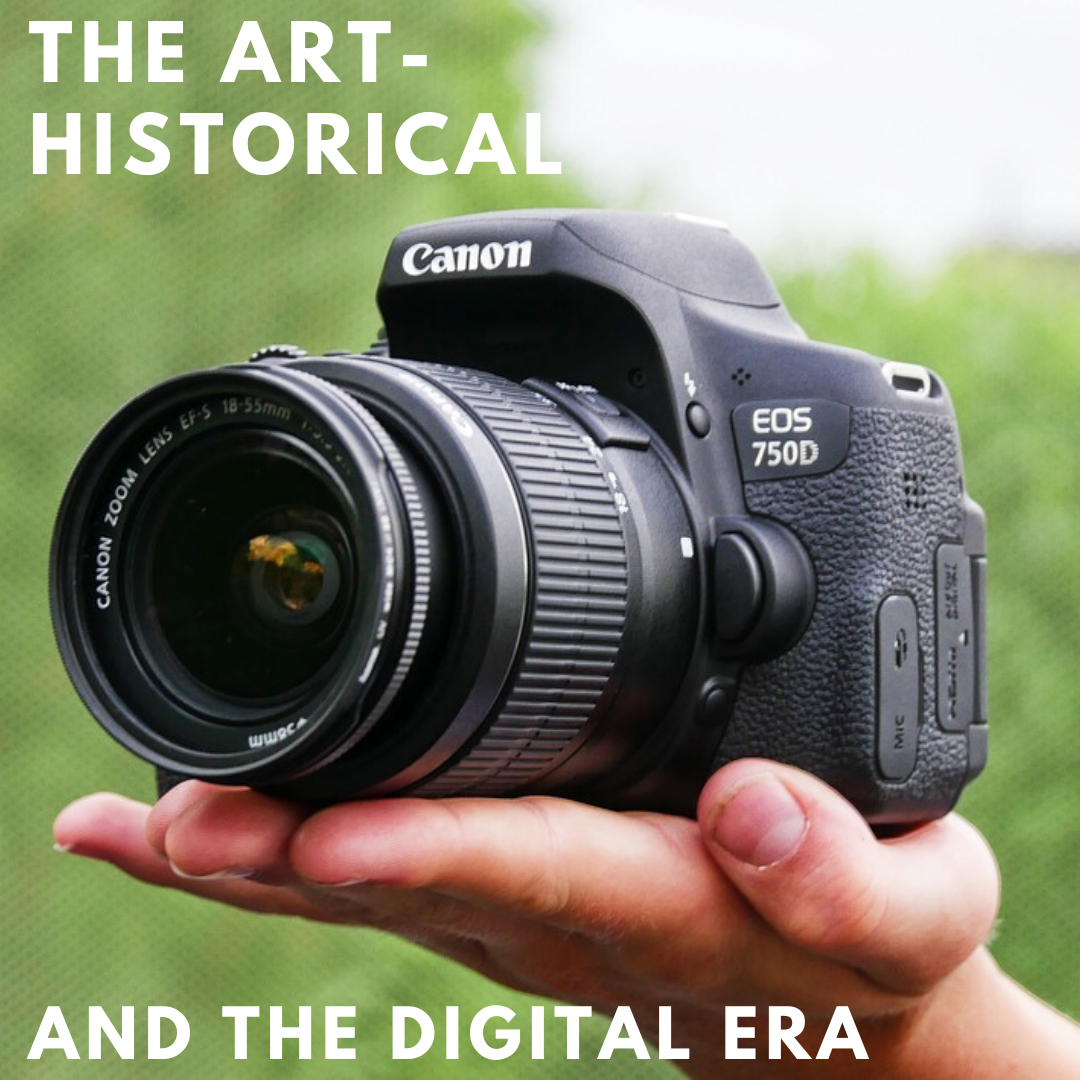With the popularity and development of the Internet, it is easier for people to get access to different information and knowledge. As long as you type some keywords in the searching engine, plenty of information will just overwhelm to you. Some may see this as a gift to the current generation and address that all of us can benefit from it. For example, I can study programming on my own towards YouTube and don’t have to pay anything for that. Sometimes the physical books can be expensive to students, but now we can handle that problem with the digital version. There are also many website for us to search for the digital book that we want.
But it also brings along other issues – when people with similar viewpoints discuss online, they tend to form relatively narrow perspectives. And I suppose that we can use the example of divination to understand this phenomenon. This example is actually my real life experience – I turned to the videos of divination this summer holiday since my friendship back to the primary school was getting worse as I study abroad. There are like many tarot reader uploading the videos of divination online and you can choose one of the piles you like. After making a choice, they would read every card from different piles and give you a general result. I was desperate for knowing if we could get back again – she used to be my best friend back to the primary school. And the result was not great at first, then I just continue to search for a new prediction until I heard of what I wanted to hear. During this process, I automatically ignored other voices and only paid attention to the happy ending I craved for. Day by day, I just continue to do the same thing, looking for more predicting videos to prove that I still have the chance to get my old friend back – and such behaviour is almost the same when it comes to the information cocoons.
In the process of seeking opinions, when people hope for something to be true, they tend to look for information that supports their existing beliefs while easily ignoring opposing opinions or contradictory statements. In the information cocoons, people also become more confident in their views because these opinions are more likely to be accepted by others. This phenomenon is not limited to my personal experience but extends to many areas of information consumption. For instance, in political discussions, people often surround themselves with news sources and social media feeds that reinforce their existing beliefs. This reinforcement leads to polarized views, making it difficult for individuals to engage in open and constructive dialogue with those who hold opposing opinions. This makes me even wonder, given the existence of an information cocoon, do the speeches made by politicians during elections really work? After all, people only believe what they want to believe. Doesn’t the campaign unite a group of people that are already united with their political opinions? Then why would they pay so much attention to the campaign? What are they trying to change? Those people who are actually living outside the information cocoon?
I’m just so tired of dealing with wide range of information. It requires that we have our own judgement to tell what is right or wrong. But such judgement can also be bias – I might also live my own information cocoons. Of course, I’m not the only one who would make the mistake. Scientists can fall into this trap as well. Despite their training and expertise, they are not immune to biases. For instance, biases such as sampling bias or selection bias can significantly affect the validity of their research. As a human being, the only thing we could do is to reduce the bias as much as we can in our statistical method.
It’s as if we live in a cage woven with digital information. You cannot see it or touch it, but it is everywhere. Now the question is: are we already getting rid of information cocoons? If we are trying, which stage we are already on?




I think the awareness about information cocoons is certainly growing. Yet, the only practical solution to overcome this, I know so far, is from a media company called: ‘https://ground.news’. They cover news items and let you see how different news media from different sides of the political spectrum are covering it, or covering it at all.